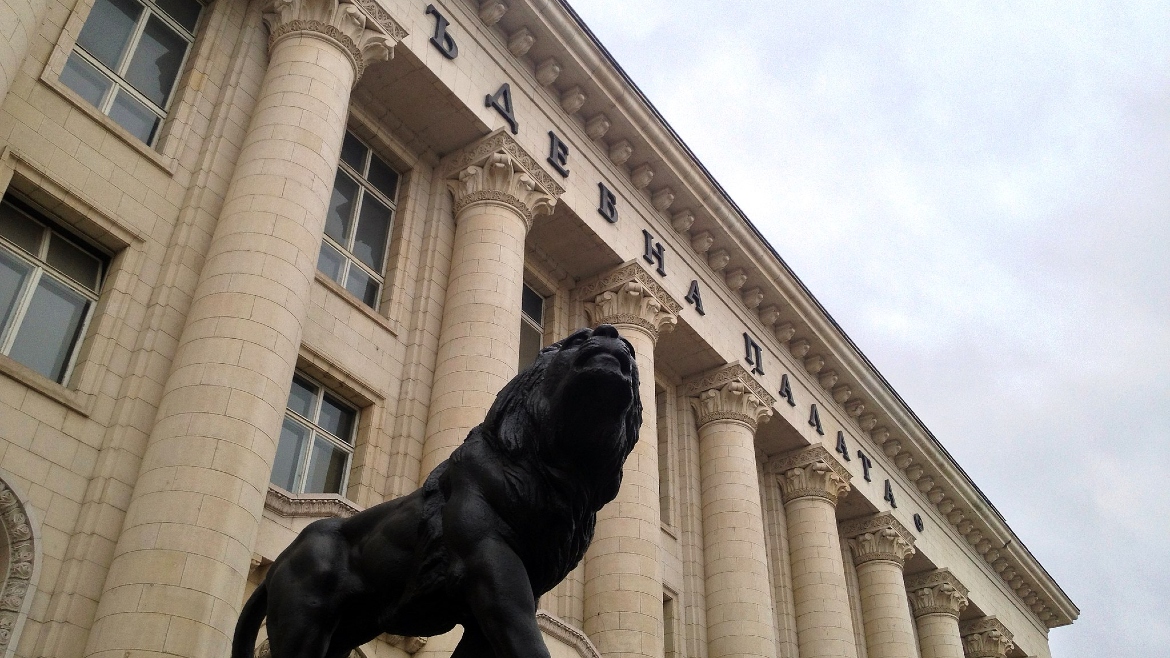In a new report on Bulgaria published today, the Council of Europe’s anti-trafficking group GRETA calls on the authorities to improve trafficking victims’ access to justice and compensation, and to ensure the sustainability of anti-trafficking measures through the allocation of appropriate funding.
This third report on Bulgaria’s implementation of the Convention on Action against Trafficking in Human Beings focuses on access to justice and effective remedies for victims of trafficking in human beings. It also assesses developments since the publication of GRETA´s second evaluation report on Bulgaria in January 2016.
GRETA acknowledges that progress has been made in some areas, such as amendments to the Law on Combating Trafficking in Human Beings and the adoption of the first National Strategy for Combating Trafficking in Human Beings for the period 2017-2021. Besides, the Bulgarian authorities have re-opened the two specialised shelters for victims of trafficking, run by NGOs, as well as opening a specialised crisis centre for child victims of trafficking.
However, GRETA considers that the Bulgarian authorities should strengthen the systematic provision of information to victims of trafficking regarding their rights, the services available and how to access them. GRETA also calls on the authorities to ensure that victims of trafficking are appointed specialised lawyers who can represent their interests throughout the proceedings.
The report notes that effective access of victims of trafficking to compensation remains sporadic. Moreover, the requirements to be met for a victim of trafficking to be eligible for state compensation are so high that only one such victim has received state compensation. GRETA urges the Bulgarian authorities to guarantee effective access to compensation for victims of trafficking, by collecting evidence, as part of the criminal investigation, about the harm the victim has suffered, and making full use of the legislation on the freezing and forfeiture of assets to secure victim compensation. A victim compensation fund, which uses confiscated assets of perpetrators of human trafficking to fund compensation, should also be set up, according to GRETA.
GRETA notes that a significant number of penalties upon conviction for human trafficking have been suspended, and urges the Bulgarian authorities to take measures to ensure that human trafficking offences lead to effective, proportionate and dissuasive sanctions. The plea-bargaining procedure should be used only exceptionally in human trafficking cases, subject to appropriate safeguards, according to GRETA. Further, the authorities should ensure that the length of court proceedings in cases of trafficking of human beings is reasonable.
Moreover, GRETA considers that the Bulgarian authorities should strengthen effective access to the labour market for victims of trafficking and their economic and social inclusion through the provision of vocational training and job placement.
GRETA welcomes the updating and formalisation of the National Referral Mechanism, but notes that there are continuing gaps, in particular in the identification of foreign victims of trafficking. GRETA urges the Bulgarian authorities to further improve the identification of victims of trafficking, including by making a budgetary allocation for the implementation of the National Referral Mechanism, and ensuring that pre-removal risk assessments prior to all forced removals from Bulgaria fully assess the risks of trafficking or re-trafficking on return.
GRETA also urges the Bulgarian authorities to enshrine in law the recovery and reflection period, and to ensure that it is systematically offered to all presumed foreign victims of human trafficking.




